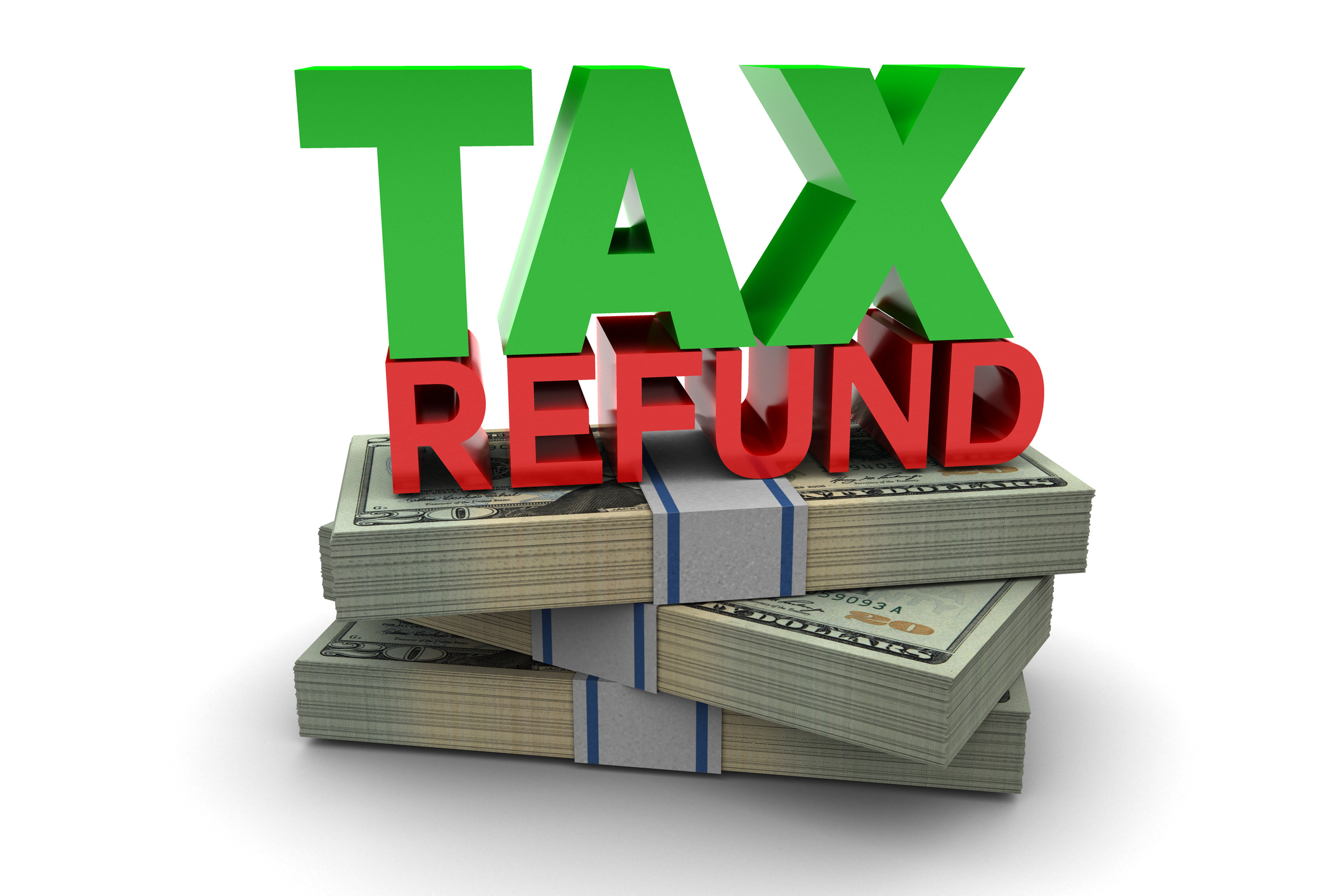As tax season approaches, many taxpayers may receive a smaller tax refund than planned. This might be caused by higher interest income or wages. Individuals might take a proactive strategy to boost their tax refunds in the future.

Strategies to Avoid a Smaller Tax Refund: Boosting Your Returns Next Year (Photo: The Motley Fool)
Maximize Retirement Account Contributions
Maximizing retirement account contributions can help avoid a smaller tax refund next year. Taxpayers can guarantee their retirement and reduce their income taxes in the following tax year by investing in standard IRAs or 401(k) plans. IRA and 401(k) contribution limitations increase for anyone over 50. Taxpayers can maximize their tax savings and increase their refund chances by following these limits.
Employer matching contributions to 401(k) plans boost retirement savings without affecting personal contribution limitations. Roth retirement accounts offer tax benefits, but regular accounts may save more and increase refunds.
Increased retirement account contributions can considerably affect smaller tax refund and return eligibility, but they don’t ensure a refund. Successful financial management and retirement savings prepare people for better tax outcomes in the future.
READ ALSO: Nebraska GOP Shakes Up Endorsement Tradition, Opts Against Backing Incumbents
Assess Spending and Financial Goals
Taxpayers should examine their spending and find ways to save for retirement to maximize tax returns and financial well-being. Prioritizing long-term financial goals can improve financial security.
Strategic financial planning, such as maximizing credit card rewards and reducing expenses, can boost savings and tax refunds. Proactive financial management empowers individuals to attain their tax goals.
READ ALSO: Federal Work Authorization Program: New York Pioneers Inclusivity In Government Hiring
















































